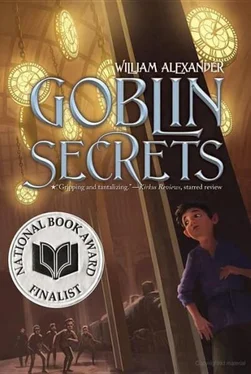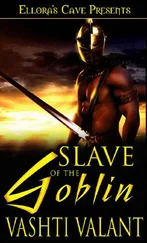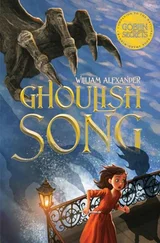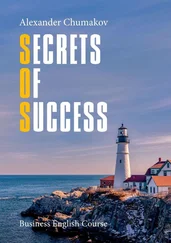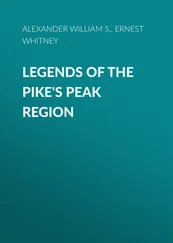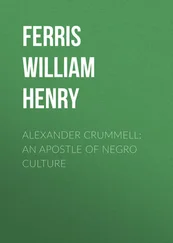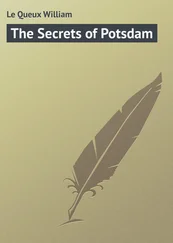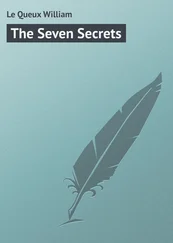Rownie woke after just a few hours’ sleep. The rest of the troupe still seemed to be unconscious. He heard snores and saw lumps of blankets on the other bunks. He couldn’t tell who was snoring. It might have been Essa.
He sat up on the edge of his bed. The masks still lay on the floor where they had fallen. Rownie put on his coat, picked up the fox mask, and found himself a breakfast of dried fruit and cold flatbread in the pantry. It felt strange to take the food. It felt like stealing, even though he knew that it wasn’t, even though Essa had told him that it was perfectly fine to snack from the pantry cupboards. In Graba’s household, every hungry mouth was on its own.
He sat on the floor, chewing shriveled fruit pieces with the fox face on his knee, and he wondered where Graba might have moved her household. He needed to find her—or to find someone else who could find her.
He had a message for Graba.
Rownie stood and tucked the fox mask inside his coat. This also felt like stealing. He told himself that it was only borrowing, and hoped he would have the chance to bring it back. Besides, the fox had followed him last night, all on its own.
He took in a long breath, and headed for the staircase.
“Good morning to you, Rownie,” said Semele, before he had gotten very far.
Rownie jumped. “Morning,” he said, nervous and guilty feeling.
Semele did not look as though she had slept. She picked up a fallen mask and considered it sadly.
“Cracked all the way through,” she said. “It is not a hopeful sign to see this one broken. We carved it from a block of alder, offered willingly by a living tree. Cypress is best for mask making, but alder is also good, and a very fine wood for boats and bridges. The Fiddleway has wooden bones of alder wood, in among the stone.”
Rownie reached for the broken mask. Semele handed it to him. The face looked simple at first, unadorned and without expression—but then he saw a smile when he held it at one angle and a thoughtful frown when held another way. The eyes also changed, seeming to close at a downward tilt.
“What’s it a mask of?” he asked.
“This is the UnChanged Child,” Semele told him, “though it is changed now by breaking. By tradition this is the very first face a new maskmaker attempts, and the very last face to be mastered.”
“But you didn’t start with this one,” Rownie said, remembering.
“No,” said Semele. “I began with the River, and worked in stone. I am a fair bit older than most traditions are.”
Rownie gave her back the UnChanged Child. “I’m sorry it’s broken,” he said.
“This is no fault of yours,” she told him. “I mean that truly, yes.”
“Thanks,” Rownie said, “but all of this might still be mine to fix. I think I can help find my brother, or at least get a little news about him.”
Semele nodded. “Take good care of the fox. It is old, that one.”
“I will,” Rownie promised, and felt sheepish about concealing the fox in his coat. “Wish me luck.”
“Break your face,” Semele said, with sincerity and kindness. “That means luck,” she added. “I do not actually remember why it means this, but it does.” She gave another mournful look at the broken face in her hands.
“Oh,” said Rownie. “Good, then.”
Outside it rained in sudden spurts and starts. The sun peered out from behind clouds, as though shy. Then it hid itself again, and again the sky rained. All the ordinary traffic of the Fiddleway kept their heads down. Beasts and persons, both gearworked and not, seemed to see only their own feet in front of them. They paid no notice to the boy who emerged from an alleyway and climbed the stone steps of the Clock Tower.
A single pigeon stood perched on the rusting chains. Rownie had hoped to find one there. It pecked at the chains with a little tap-tap noise. It looked confused. It looked as though it wondered where the curse bag had gone.
“I took it,” Rownie told the bird. “I broke it. Tell Graba, if you have a little piece of Graba in your head. Tell her I broke the curse, and you can tell her something else besides.”
The bird stretched both wings and scratched underneath one of them with its beak. It acted like it didn’t notice Rownie and could not be bothered to notice him.
“It doesn’t have any of Graba,” said Vass, behind him. “It has a piece of me instead.”
Rownie turned around. He stood like a giant and stayed where he was. It helped that he stood a few steps above Vass, on the stair. This brought them eye to eye.
“You broke her curse?” she asked, marveling at him. “She is going to make a birdcage out of your skin and bones, and keep only the ugliest birds inside you, and she won’t ever clean out the cage, either.”
Rownie ignored her smugness. “I have a message for Graba,” he said. “You can deliver it—in person, or with birds, or with whatever else you use to send messages.”
Vass almost laughed at him. “Tell me your message, sir,” she said, bemused and still smug.
Rownie stood like a giant. He stood like Rowan. He was not embarrassed. Vass could laugh just as long as she liked, and it would not matter to him. Not very much.
“Tell her to meet me at the Southside Rail Station.” The station might be in Southside, but it felt like Northside. It followed different rules. In the station she might be out of her element—less terrifying, less strong.
Vass saw that Rownie was serious, and she looked less bemused. “When?” she asked.
“Now,” Rownie said. “I’m on my way now. I’ll meet her there.” He still didn’t know where Graba had moved her household, but he did not need to know. Graba could come to him instead.
Vass watched Rownie carefully. Something shifted behind her eyes. She nodded and spoke with something a very little bit like respect. “I’ll pass your message on,” she said.
“Thank you,” said Rownie. He turned away and went down the steps.
Vass called after him. “She hates to lose anything that she thinks is hers. You know that. She won’t let you get away from her again.”
“She can try,” Rownie said, and he almost laughed. He remembered what it had felt like to cast a mask-charm at the Floating Market. You will not catch me , he had told the Grubs, and he had made it true. He still had the fox with him. He could still avoid being caught.
Rownie crossed the bridge. He passed dueling fiddlers as he stepped into Southside and smelled Southside dust. He walked between the fiddlers, through the music of their duel. Neither one seemed to be winning.
He passed members of the Guard as they marched. It was strange to see so many of them in Southside. Here they moved slowly, with many stops and adjustments of direction. It was common knowledge that the Guard hated Southside—all of Southside—with its curved, winding streets and unusual angles. They much preferred the precision of Northside avenues, over which they could always move quickly.
Unlike the Guard, Rownie understood these winding streets. The soles of his feet spoke their language. He could move quickly in Southside.
He passed pigeons, many pigeons. The birds watched him sideways, and he nodded to each of them.
“The rail station,” he said. “Tell her I’ll meet her there.”
The birds made hooting noises, and flapped their wings. Rownie thought that they heard him and understood him—but he couldn’t be sure of it, so he told the same thing to every new pigeon that he saw. The rail station. Tell her. Tell Graba.
Rownie came to the old station gate, and slipped through the bars. He went in as though he knew where he was going, as though he had every right to haunt that place, as though he were something to be afraid of. He almost believed that these things were true.
Читать дальше
